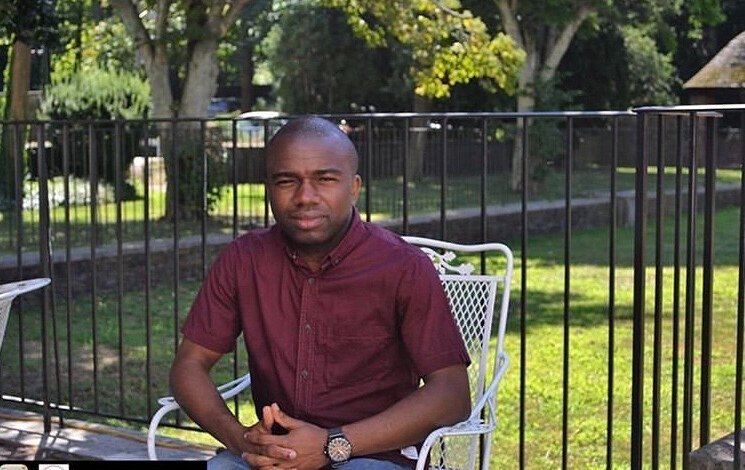If we are to nurture and heal, we must admit that the wounds exist. - Iyanla Vanzant
Olamide Adejumo is a graduate student of Narrative Medicine at the Columbia University School of Professional Studies. A Nigeria Licensed Medical Doctor passionate about narrative care practices in clinical medicine. His academic paper “Truth, Reconciliation and Racial Unification in America: Using White’s Narrative Practices in Facilitation Conversations about Race” appears in the Fall 2021 Intima
The power of healing showcased in Rhiannon Weber’s poem “Heal” (Spring 2020 Intima) and its connection with the importance of storytelling in promoting societal healing through the narrative methodologies used by Micheal White can help guide us as a community towards nurturing and healing. This bridging of the use of stories in race conversation and structured narrative methodologies help demonstrate the power of storytelling in bringing relief, understanding, and opportunity for community healing.
To heal as a society is not just about forgetting, as is the common expression that equates healing to forgiving and forgetting – like that in itself is an easy task. Rather, to heal, just like in the poem "Power of Healing," entails a more systematic approach, more than just the assumption of forgiveness and forgetfulness. The concept of healing rather embodies the ability to recognize the existence of the wounds, trauma as well as recovery from the consequences of race, social injustices, and racial disparities.
Micheal White, an Australian narrative therapist, introduced some narrative methodologies in his book Maps of Narrative Practices. By incorporating these methodologies in facilitating race-based conversations, we might have yet discovered a novel opportunity for narrative medicine’s role beyond the clinics even into community advocacy, social justice through societal healing. By considering the possibilities of having these coordinated conversations on race and how it affects individuals in our communities at workplaces, academic institutions, religious establishments, and even within families, we would be creating an opportunity for otherwise silenced voices to be heard.
These narrative methodologies, focusing on the conversation around race, provide the opportunity for individuals to speak around central themes that are shared in ways that are culturally democratic. Participants in the narrative medicine workshop are encouraged to externalize their conversation on race by separating race-based issues from the individuals involved, and this helps to address issues as issues and individuals as individuals. The re-authoring and re-membering help provide an opportunity through storytelling to own their own stories and tell them the way they would like their stories to be heard as against dominant narratives; the racial definitional ceremony invites witnesses to their race stories in ways that will encourage the performance and telling of their stories before an audience of witnesses.
It is anticipated that the effect of the Narrative Medicine workshops involving individual and community race-based stories can be likened to ‘an alcoholic conversation’ in Rhiannon Weber’s poem “Heal," where the similar disinhibiting effect of alcohol often leads to honest conversations. Such unhindered effect like that experienced through alcohol on existing cognitive manipulations and narrative conditioning yields the necessary narrative engagements that could ultimately result in societal healing.
Olamide Adejumo is a graduate student of Narrative Medicine at the Columbia University School of Professional Studies. A Nigeria Licensed Medical Doctor passionate about narrative care practices in clinical medicine. His publications include a wide array of works on the impact of religion and culture on diabetes prevention and care in Nigeria. His current research interest includes using narrative methodologies in having race-based conversations.

